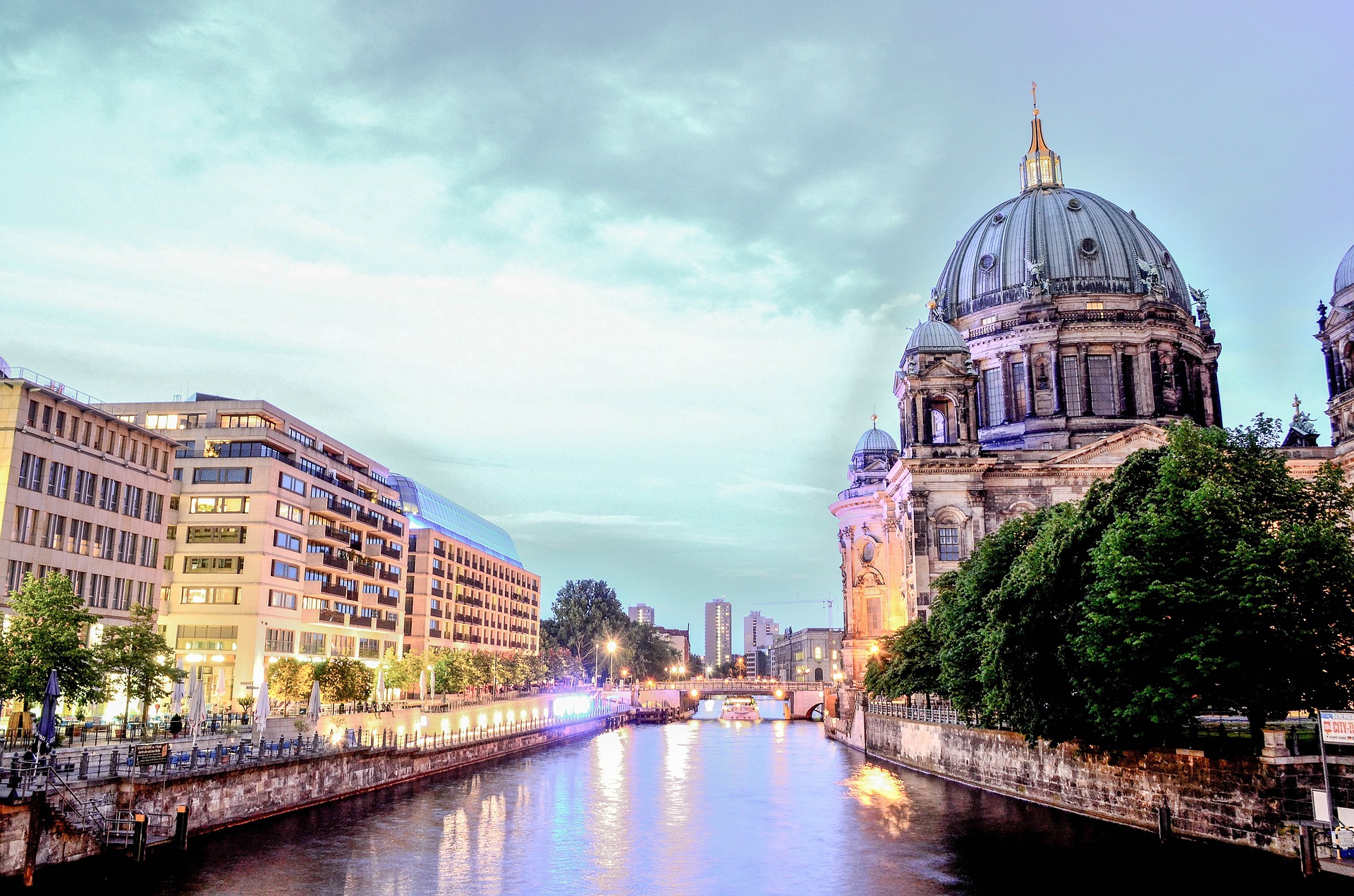One of Europe’s largest countries, Germany is located in north-central Europe and has a population of more than 80 million people. At its spiritual heart is the capital city of Berlin – just one of the draws which bring millions of visitors to the country each year. And it’s a country known for its people’s devotion to hard work, who place a high value on leisure, culture and a free press, and enjoy the benefits of life in a liberal democracy that has become ever more integrated with and central to a united Europe.
As a strong nation known to be hard-working and diligent, what institution would not want to attract students with those qualities? On top of this, high-quality news coverage and political and social reporting makes the German public one of the best-informed of any country.
Here’s some more guidance for how to work with the media in Germany for any institution keen to raise their profile in this powerhouse of a country.
The Media in Germany Today
Germany has one of the most diverse and dense media markets in Europe.
Let’s start with radio. There are over 500 radio stations in Germany! Deutschland Radio and Deutsche Welle are publicly operated and provide a comprehensive German perspective of current events. Deutsche Welle is also beamed to Europe and overseas. Then there are the many regional public radio stations that provide programming tailored to more local areas, plus private radio stations that are regionally and locally focused.
On to print media and Germans are avid readers of newspapers and magazines. The country produces more than 300 daily newspapers, about 1,600 special interest magazines and more than 3,800 professional journals for various industries. Freedom of the press is protected by law, and the healthy finances of Germany’s several hundred newspapers and thousands of periodicals are envied around the world. Most major cities are home to two or more daily newspapers, and most publish daily or weekly editions online as well as in print.
National newspapers include Süddeutsche Zeitung, headquartered in Munich; Die Welt which has its HQ in Berlin; Frankfurter Allgemeine Zeitung, run from Frankfurt; Bild in Hamburg; and Handelsblatt, published in Düsseldorf. These, together with regional newspapers, are internationally circulated and respected.
Our top tips for doing PR in Germany
Thanks to our years of work with German media, we’ve learnt exactly how to tackle PR here. Here’s our key advice:
National media aren’t based in one city
Our first, and probably the most significant tip, is that Germany’s media market is not centralised in one city. As you’ll have read above already, national newspapers in particular are spread across the country. So bear in mind, if you’re organising a media trip, the German journalists you’re interested in engaging with aren’t likely to be in one place.
Different areas of Germany have different interests
It makes a lot of sense when you think about it, but it isn’t obvious at first. Take the media in Frankfurt, for example, as they are located in Germany‘s financial centre, they have naturally a strong interest for corporate and financial topics. Whereas Berlin media, for instance, are more focused on political topics and digital media news because of the city’s strong start-up scene.
Create a compelling story
This is good advice for any market, but offering truly interesting and relevant stories that have value for journalists is key when pitching to German journalists and editors. It’s not only about having good contacts, it’s storytelling – perhaps the oldest and most natural way to interest someone anyway – that is so important. Doing PR in Germany certainly does not mean sending as many press releases as possible. Know what your target is interested in and create compelling content!
Stick to the plan
It’s a cliché but it might pay off to heed this advice, if you make an arrangement with a German journalist or editor, stick to it. If you’ve arranged for a professor to meet a journalist in Hamburg at noon, they had better be there. If it’s not going to happen, be transparent as soon as possible, otherwise you risk a German journalist blacklisting you as highly unprofessional.
Finally, and this goes for PR in all countries, it’s vital to have clear objectives of why you are doing PR and what you want out of it. German media coverage is going to look good but it has to be more than a vanity project. Is it raising brand awareness? Is it to boost student recruitment efforts?
Go in with a plan and follow our advice. We’ll wish you good luck the Germany way – Viel Glück!
What markets does your institution need help in tackling?
Author: Stephanie Mullins





